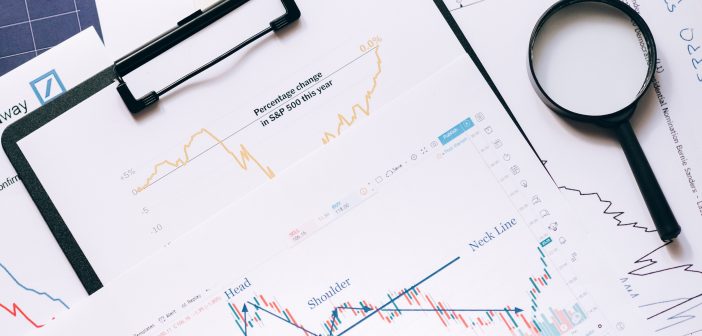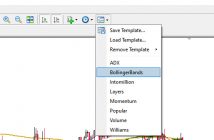When it comes to analyzing the forex market, there are two main approaches: fundamental analysis and technical analysis. While both can be used to make informed trading decisions, they approach the market from very different angles.
Fundamental analysis is based on the idea that the underlying value of a currency can be determined by analyzing macroeconomic factors such as GDP, inflation, and interest rates. This approach looks at the “big picture” of a currency and its economy and tries to predict future price movements based on this information. For example, if a country’s GDP is expected to grow, this could be seen as a bullish signal for its currency.
On the other hand, technical analysis is based on the idea that past price movements can be used to predict future price movements. This approach looks at charts and other quantitative data to identify patterns and trends in the market. Technical analysts use tools like moving averages, relative strength index (RSI), and Bollinger bands to make predictions about future price movements.
One key difference between the two approaches is the time horizon they focus on. Fundamental analysis is typically used to make long-term predictions about a currency’s value, while technical analysis is more suited to short-term predictions.
It’s worth noting that many traders use a combination of both fundamental and technical analysis. They use fundamental analysis to identify long-term trends and then use technical analysis to time their trades and identify short-term entry and exit points.
It’s also important to note that, regardless of the approach, all analysis is probabilistic in nature and no approach guarantees success. Traders should be aware of this while making their decisions.
Ultimately, the choice of whether to use fundamental analysis or technical analysis (or a combination of both) depends on your individual trading style and risk tolerance. By understanding the key differences between the two approaches, you can make an informed decision about which one is right for you.






